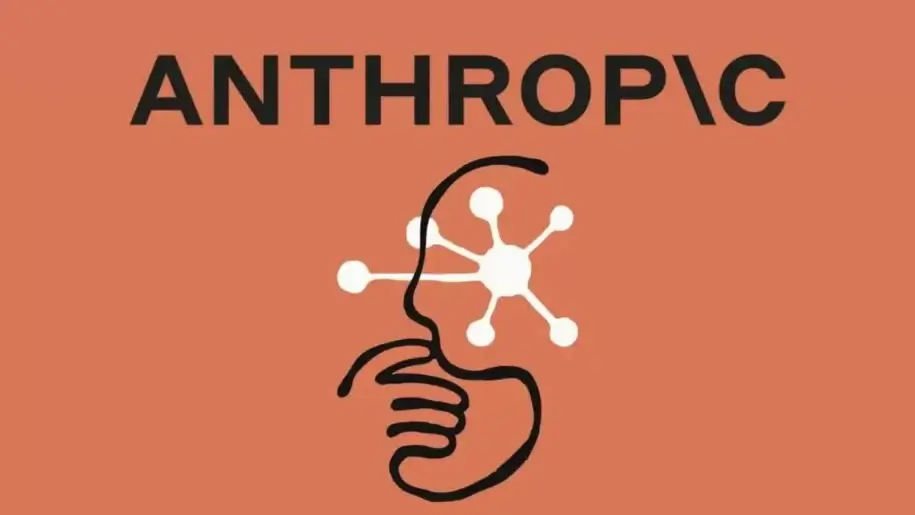Perplexity AI is making a bold move to challenge Google's dominance in the browser market by aiming to pre-install its AI-powered Comet browser on mobile devices through partnerships with phone manufacturers. This strategic initiative could potentially disrupt the mobile browser landscape, which is currently dominated by Google Chrome and Apple Safari.
Challenging the Status Quo
Aravind Srinivas, CEO of Perplexity AI, revealed that the company is in active discussions with smartphone makers to pre-install Comet on their devices. This move leverages the power of default settings, as users tend to stick with pre-installed apps. While acknowledging the difficulty of persuading OEMs to replace entrenched defaults like Google Chrome, Srinivas emphasized the significant upside: Comet could become a gateway for millions of users to engage daily with Perplexity's generative AI services.
Perplexity isn't alone in recognizing the potential of AI-powered browsers; OpenAI is also reportedly developing its own agentic AI browser. This trend reflects a broader industry shift towards browsers with agentic AI capabilities, which minimize user input and autonomously handle multi-step tasks.
Comet's Unique Features
Currently in beta and available to desktop users, Comet integrates Perplexity's AI directly into the browsing experience. It allows users to interact with personal data, such as emails and calendars, summarize webpages, and even schedule meetings. Comet is built on Chromium and supports standard browser features like tabs, extensions, and bookmarks. What sets it apart is the inclusion of a sidebar assistant that can summarize pages, automate tasks, schedule meetings, and fill out forms.
Comet aligns with the industry's trend toward agentic AI systems designed to act independently and handle tasks with minimal user input. The browser can access information from tabs of pages you're not actively looking at, which is useful for comparing products or finding a quick reference to something.
Strategic Partnerships and Rollout
Perplexity already announced a global partnership with Motorola in April 2025, enabling its AI system to be pre-installed on smartphones, including the Razr and Edge 60 series. The integration is deeply optimized for Motorola's hardware, including functionality on the Razr's external display and voice-enabled actions via Moto AI. Bloomberg reported earlier this year that Perplexity had also initiated talks with Samsung and Apple to integrate its AI features into mobile ecosystems, potentially enhancing services like Bixby and Siri.
Perplexity aims to target "tens to hundreds of millions" of users by 2026, after stabilizing the desktop version for a few hundred thousand initial testers. The mobile full-feature version is expected by Q4 2025, followed by a phased rollout with partner OEMs in early 2026.
The Allure for OEMs
Perplexity is pitching OEMs on a compelling offer: pre-install Comet as the default browser in exchange for customizable UI based on OEM skin preferences, revenue-sharing from in-browser premium services, a lightweight installation footprint to ensure speed, and privacy controls that align with GDPR and CCPA requirements.
Market Dynamics and the Future of Browsing
Google Chrome currently commands a 70% share of the mobile browser market, while Apple and Samsung browsers together account for another 24%. Despite Chrome's dominance, the AI browser market is poised for significant growth, with projections estimating it will be worth $76.8 billion by 2034, growing at a CAGR of 32.8%.
Perplexity CEO Aravind Srinivas claims that the AI browser, Comet, is more than just a traditional AI assistant that can replace humans at work. Srinivas envisions Comet becoming an AI “operating system” for office work, capable of executing commands from prompts and running automated tasks behind the scenes.
As AI continues to reshape how people search, interact, and perform tasks online, Perplexity's attempt to land Comet in users' pockets could either spark a browser revolution or face stiff resistance from a market deeply rooted in default habits. The company prioritizes accuracy, low latency, and a clean user experience.
















